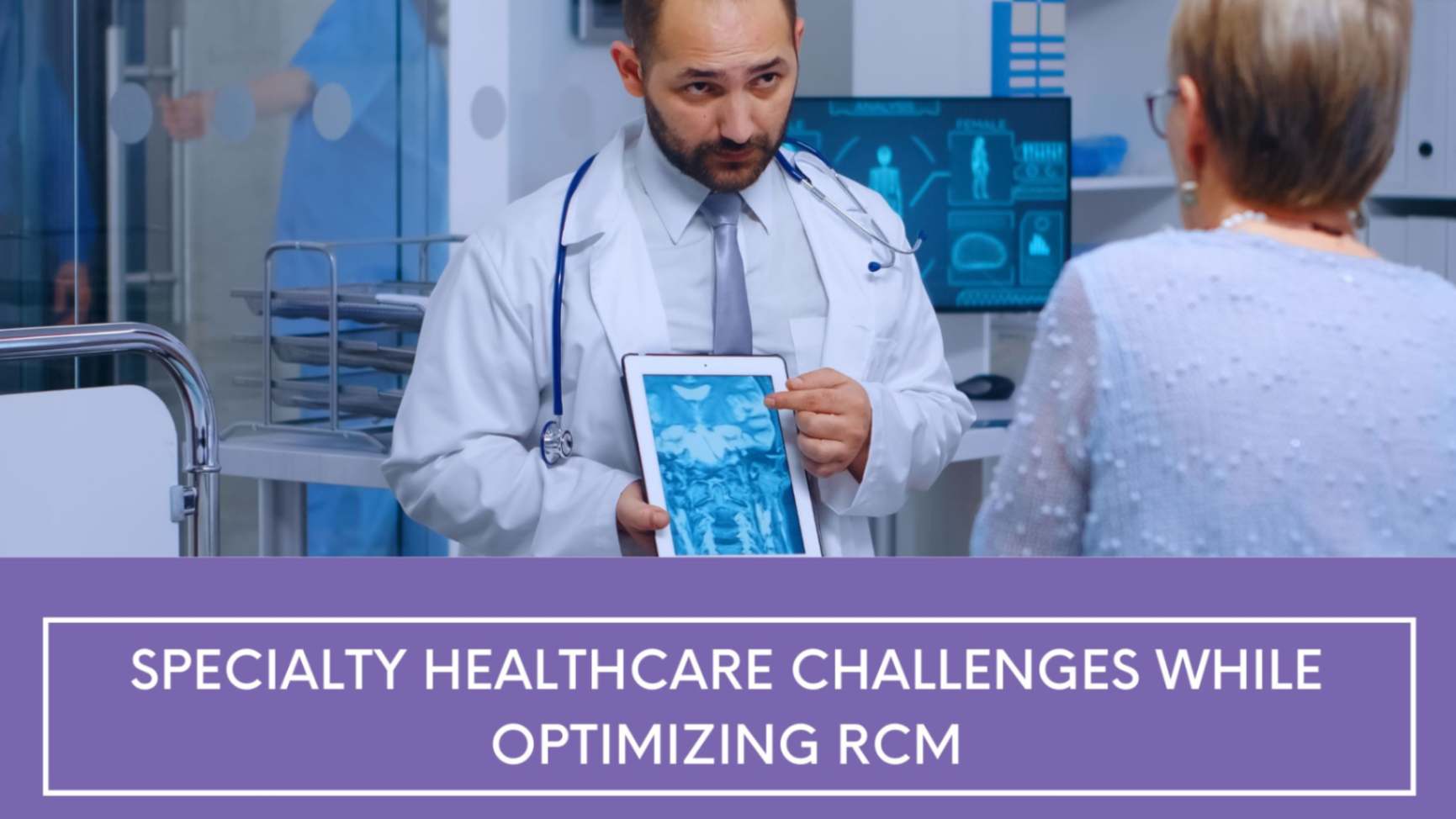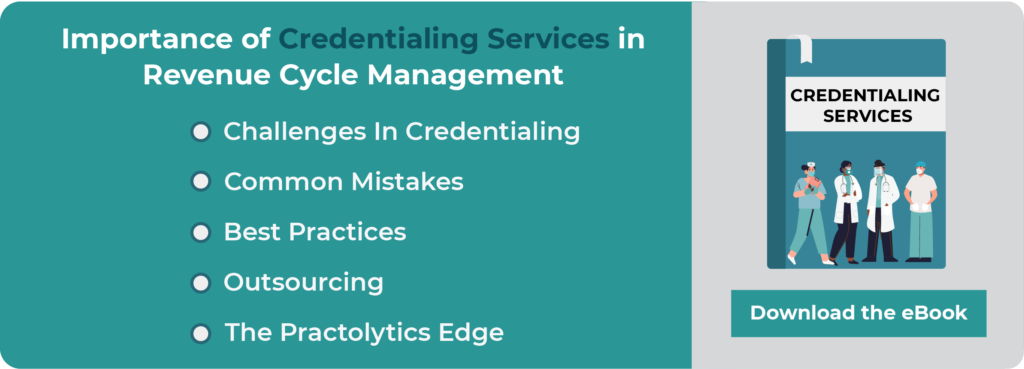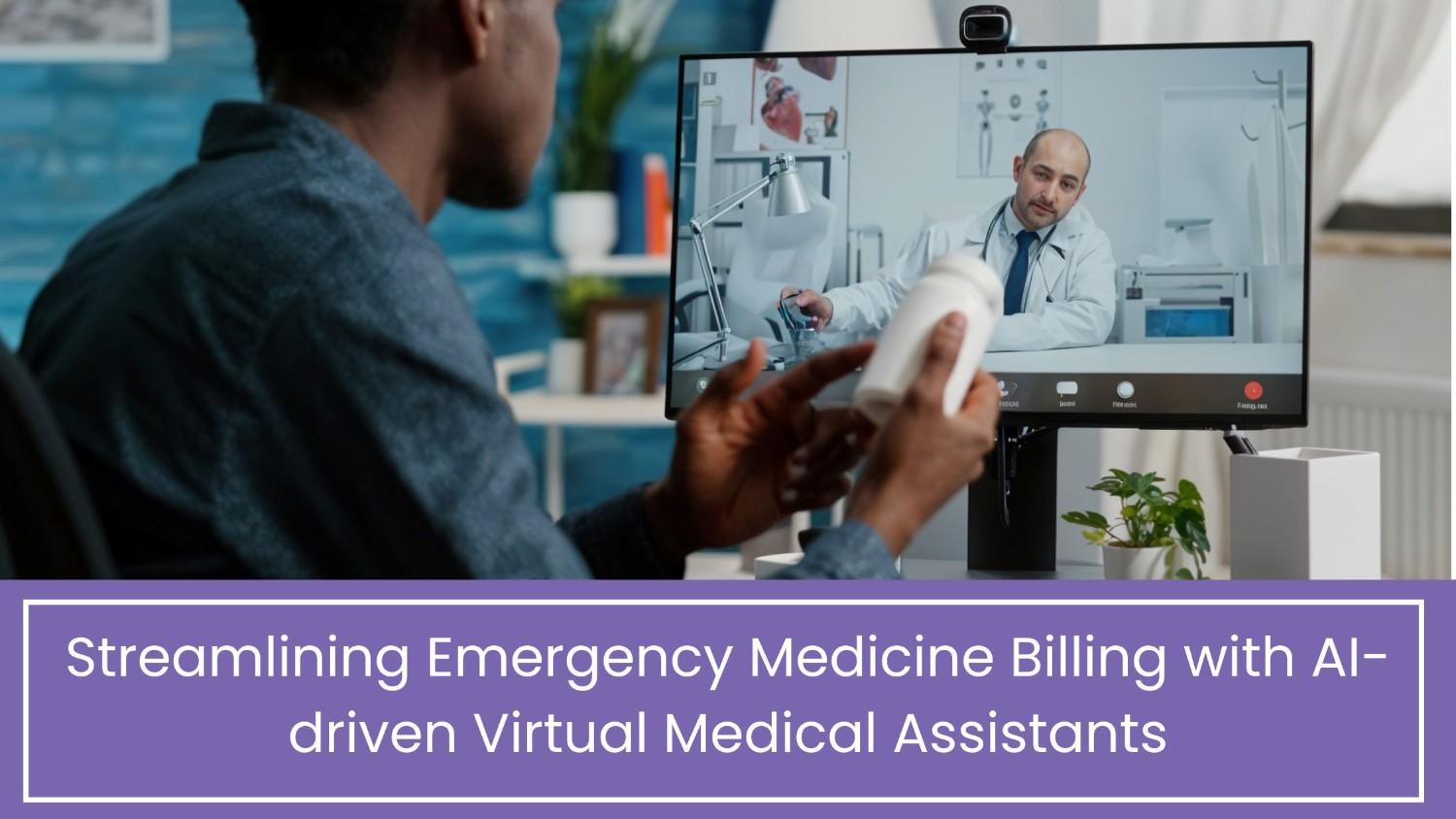Specialty Healthcare Challenges While Optimizing RCM
An efficient Revenue Cycle Management is the cornerstone of successful healthcare organizations. It brings in profitable revenue and assures sustenance of the practice in the community. It is essential for practices to maintain a proficient RCM to enhance the patients’ trust and allow them to bring their services to the light through proper branding.
To ensure successful revenue cycle management, healthcare organizations must work towards strategic goals to establish clear communications with the patients, providers, and the outsourced RCM team.
The current digital era has brought along several advanced technologies like RPA, ML, AI, and BI, that can be leveraged for successful outcomes for any industry. Business Intelligence and Artificial intelligence come in handy for the healthcare sector due to their efficacy in handling complex RCM processes.
The shift to automation has resulted in reduced errors, increased profitability, and enhanced collections. However, even with digitization, there exist quite a few challenges in RCM, especially in the case of specialty healthcare.
Specialty healthcare is susceptible to frequent changes in standards and regulations and can get daunting to carry out the complex RCM process. On top of that, it can have a radical effect on finance and administration, resulting in instability.
Let us look into the challenges incurred by specialty practices to carry out the RCM processes:
Table of Contents
1. Prior Authorization
Prior authorization is a crucial aspect of any healthcare facility. It allows them to attain the permit to render specific treatment services to patients. It helps to control practice costs at large and facilitates evidence-based treatments to showcase to their patients.
Specialty healthcare necessitates prior authorization to come up with effective treatment plans for their patients by adhering to the standards set out by various payers. This can get meticulous as they need to prove their efficacy in the particular specialty that they encompass. It gets really tiring and might take really long before they actually go on practicing the needful.
One thing that can help specialty healthcare is to outsource their RCM to a partner and allow them to manage the revenue in and out. The specialty-specific prior-authorization lands in enhanced clean claims rate, reduced number of denials, and increased reimbursements.
2. Capturing Charges
Capturing the right charges and allocating them to the corresponding treatment are the most imperative yet difficult processes in RCM medical billing. It is done based on the medical codes recorded from clinical documentation. This determines the accurate payment for the practice for the services rendered, thereby, ensuring a clean reimbursement.
The charge entry process in the specialty healthcare platform requires continued participation as it involves different specialists that bring about distinctive yet similar treatments, diagnoses, tests, and such. It comes together to form a complexity that becomes difficult to unbundle.
To get away with this, specialty healthcare facilities must move towards interoperable platforms to bring in an integrative approach. This helps to keep a track of charges, apply them properly, and reduce the lags associated with them.
3. Medical Coding
Medical Coding in specialty healthcare is also a complex task due to the wide variety of medical records and information that needs to be reviewed. This takes time for the coders to encode the documentation without any errors. With changing guidelines and standards set out for coding, they have to constantly update with all the nuances for effective practices.
Using wrong, incomplete, and outdated codes can result in major revenue loss with payment challenges from the insurances. The right way to do this in specialty clinics is to outsource the medical coding needs to experts like Practolytics with extensive knowledge in the field.
4. A/R Diligence
Setting the right benchmark for Accounts Receivable is something that needs effective adherence. The A/R days must not exceed 30 days and having highly knowledgeable professionals to make sure that this cut-off is met in order to bring faster revenue streams.
Revenue cycle managers working with specialty healthcare practices must work together to define the alignment of the A/R and denials teams with the standard operating procedures. This will help to eradicate the chances of non-addressed claims that happened due to unclear guidelines.
5. Credentialing Services
Healthcare providers and physicians must enroll themselves with the insurance payer’s network to have complete authority to render services that ensure complete coverage. The credentialing process also brings about validations for the physician’s adherence to the standards.
Credentialing services include the payers verifying provider information like education, specialty, and license. Failing to complete this process successfully would lead to strained financials that takes the specialty to end up with a negative reputation. For that very reason, it is inevitable for specialty practices to complete the credentialing process thoroughly.
To ensure smooth credentialing, providers must regularly update their information, add certifications, and frequently follow up with the insurance companies. This can get really tiresome for the practices as they already have so much on their plate. Seeking help from credentialing experts on this will eliminate all the mishaps that tend to happen during the process and ensures proper coverage and reimbursements.
The Nutshell
Specialty healthcare requires additional attention before setting out to streamline their RCM services. Although adopting the latest technology will get rid of most of the shortcomings, there still remain challenges that require manual attention. A successful RCM strategy symbolizes successful financial flow of the specialty healthcare facility. They must choose the most effective partner to outsource their RCM, someone who can help bring in quality to the services.
Practolytics carries over 15 plus years of experience in Medical Coding, Billing, A/R and Credentialing services spanning over 28 states in the Country. We have helped many practices build best practices into their system ensuring every penny is collected for the services rendered. Talk to our experts to know more about our services.
ALSO READ – Essential RCM Trends for 2022 and Beyond
Talk to Medical Billing Expert Today — Get a Free Demo Now!






